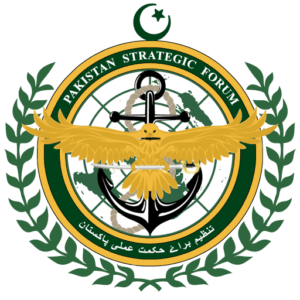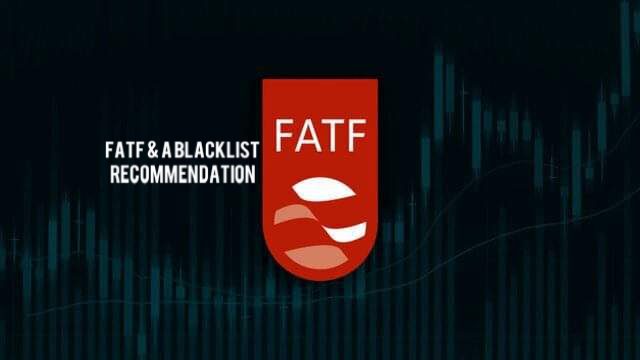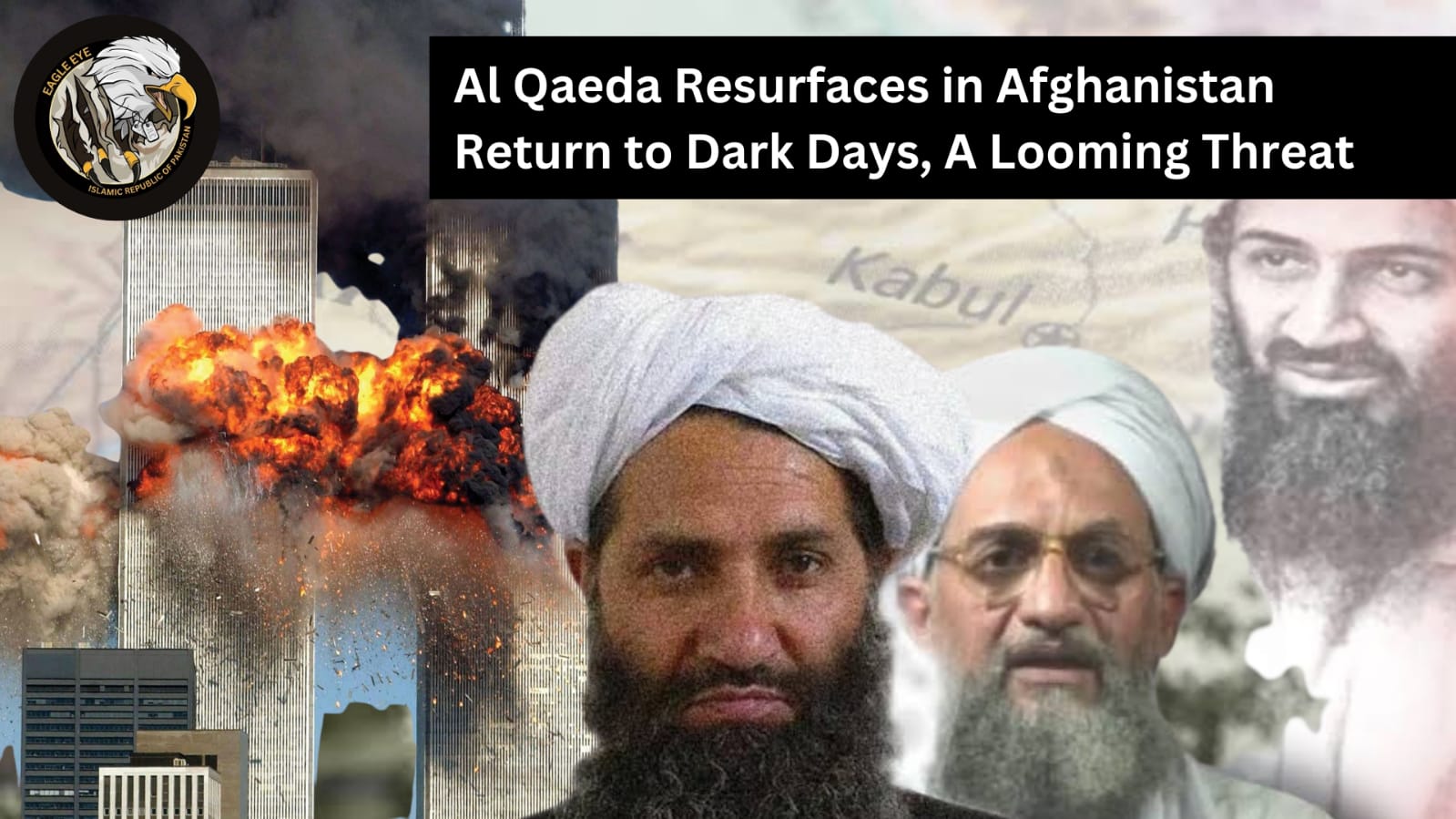After WWII, the world especially colonial powers were on verge of collapse. The intensified great depression hit hard financial institutes and trade shattered badly due to circulating debts. Meanwhile, American and British policymakers began to plan the post-war, liberal international monetary system. Its main objective was to create an order that combined the benefit of an integrated and relatively liberal international system, which aimed at the promotion of employment and social wellbeing. Nations agreed to a fixed system of adjustable exchange rates. So currencies were pegged against the dollar while the dollar it-self was convertible against gold. Relatively, easy to understand as a gold-dollar exchange standard.
In this scenario, two international institutes, the International monetary fund (IMF) and World Bank (WB) were established with a key function to replace private financing as a more reliable source of lending money to the developing states. Although in the beginning, the economy of states faced greater hardship, battling trade and devaluing their currencies against gold and dollar as result. Sooner this system collapsed and replaced by a system of floating exchange rates, reverted to a more decentralized and market-based model.
Regardless, the impact of this system on the capitalized liberal market, brain-children of the Bretton wood system worked for the reduction of poverty, increased prosperity, serves stabilized funding, and monitor currencies. The WB not only provides financing, policy advice, and assistance to states but also works to give support to the private sector. On this track of service, WB is working with its five supporting institutes including, IBRD, IDA, (for poverty reduction, well-being of the middle class, policy advice, and financial assistance) IFC, MIGA, and ICSID (technical and financial assistance to the private sector). Meanwhile, IMF with the advisory and funding of G7 and G 20, keeps track of the economy globally and in member countries, lends to countries with balance of payments difficulties, and gives practical help to states.
With the key aim to observe, monitory and financial policies of its members, IMF expanded its working on Anti-money laundering (AML) in 2000, while after the twin tower attacks in 2001, they included Combating the financing terrorism (CFT). Even before expanding its working in 2001, IMF was seriously concerned about finance-related crimes, as these illicit activities discourage foreign investment and capital flow, drained national recourses, and destabilized economic activities as well. For providing an international standard guide to AML/CFT, a 37-member inter-governmental body was established by G7 in 1989. This inter-governmental body named, the financial action task force (FATF) has to work in close cooperation with UNO, IMF, WB, and other regional bodies.
According to its official introduction, FATF stated, “The Financial Action Task Force (FATF) is the global money laundering and terrorist financing watchdog. The inter-governmental body sets international standards that aim to prevent these illegal activities and the harm they cause to society”. FATF issued a set of recommendations that set out a basic and universally applicable framework of measures to help national governments. Other than this, FATF also works to identify national-level vulnerabilities to protect the international financial system from misuse.
According to FATF recommendation related to accessing risk and applying a risk-based approach; countries need to identify and understand the money laundering and terrorist financing risk. They should have to designate an authority or mechanism to coordinate actions to access risks and apply resources, aimed at ensuring the risks are mitigated effectively. States are also encouraged to access and identify “proliferation financing risk” to mitigate the threat of illicit activities. FATF stressed on nations to have national AML and CFT procedures, proper cooperation and coordination at policy-making and operational level. Money laundering should be criminalized according to Vienna and Palermo Conventions.
In the international arena of interests, states smear campaigns, lobby, and project the only side of the coin they wanted to be seen. In this filthy game of creating delusions against others sometimes their mess seems visible. It is quite clear, for years, how India spend their energies to blacklist Pakistan by not only declaring Pakistan a haven for terrorism but also sponsoring it. Meanwhile, India itself involved in money laundering (ML), the proliferation of ML, providing man and material support to terrorism in neighboring states.
Recently, the US treasury department’s financial crimes enforcement network (FinCen) has exposed more than 40 Indian banks including state-owned banks involved in ML using for financing terror in the region. The very report stated that approximately $1.53 billion through 3,201 illegal transactions were used for illegal acts. Significantly, there are thousands of transactions linked to Indian senders or businessmen who have addresses in the foreign jurisdiction. This report not only raises questions of Indian participation in sponsorship of terrorism but also proves Pakistan’s stance of Indian involvement in financing terrorism in Pakistan.
In Past, Pakistan arrested Indians serving naval officer commander Kalbhushan Jadev who also confess Indian involvement, financing, and planting terrorism on the soil of Pakistan. In another example of admitting financing and proliferating terrorism in Pakistan, some XYZ category of Indian anchor cum major tried to prove how they have links with separatists in Pakistan. Whereas, Pakistan presented shards of evidence of involvement of RAW in terror attacks including attack on APS Peshawar, the Chinese consulate in Karachi, PC Gwadar, and Karachi stock exchange.
In an interview to Indian media, Pakistan’s Premiere’s Advisor on National security, Moeed Yousaf said that RAW had used to facilitate TTP with $1 million and that Pakistan knew the names and ranks of officers in touch with terror leadership; that it will soon reveal all Indian activities to the world, based on lengthy investigations. It is not just the case of Pakistan having hostile relations, but in past Sri Lanka, Bangladesh and Nepal were vocal about Indian involvement in their domestic matter and sabotaging a peaceful environment affecting the economy.
Earlier in a report, UNO had disclosed the presence of terrorist groups in eastern and southern Indian states. However, the world is already familiar with connections of money laundering and drug trafficking between the Indian film industry and the underworld of crime. The Indian premier league of cricket has also be pointed out for money laundering by the Indian judiciary.
According to statistics of different official reports, India has long term external debts of 5.639×1011 US dollars. With the multilateral debt of $60,224 million through major creditors including IDA, ADB, and IBRD. Though India is having all debts in the name of poverty reduction, the well-being of the middle class, and providing necessities to its messes but on another hand, they are making fools to international and regional organizations in name of the largest democracy and biggest market opportunity in the region.
Although, Indian authorities are creating difficulties for the surrounding nations and eagerly wanted to see Pakistan on the blacklist of FATF. Hence, instead, of targeting Pakistan as a double standard, India has been caught red-handed, FATF must review India’s role in money laundering and financing terror. India has found an idea of a strategic environment for sabotaging and subversion in Pakistan and this was taken other heights of violence through state-sponsored terrorism by India. International watchdog must admit to having a least examined the role of India. It’s time for the international community to take a closer look at the way the Indian government is destabilizing Pakistan, the way covering their internal mess, and violating Section A and C of FATF recommendations.
Author: Mamoona Batool Zaidi
About Author: Mamoona Batool Zaidi is freelance writer. Her interests comprised all about Pakistan, geostrategy and security.
Note: The views expressed in this article are the author’s own and do not necessarily reflect the editorial policy of Pakistan Strategic Forum.
#TeamPakistanStrategicForum






